Sub-Project 3: Understanding Faculty Views, Behaviors, and Needs Regarding Training in Religious and Spiritual Competencies
Baylor University
Investigators
Holly Oxhandler (Sub-Project PI)
Joe Currier
Clay Polson
Purpose
Sub-Project 3 will generate the most rigorous and comprehensive picture of the status of training of R/S in graduate education across the fields of counseling, marriage and family therapy (MFT), psychology, and social work to date. Addressing these mezzo-level objectives will provide our Investigator Team (as well as the professions in general) with an accurate and up-to-date picture of educators’ perceived strengths, weaknesses, opportunities, and barriers in integrating R/S content into their programs.
Background
Current understanding of graduate faculty perspectives on training in R/S is limited, if not unknown, across the fields of counseling, MFT, psychology, and social work
Previous surveys have been limited to a specific discipline or region, utilized assessments without established reliability/validity, and/or strictly relied on responses of program directors rather than individual faculty
Social work is the only discipline to conduct a systematic survey of all faculty utilizing a reliable and valid instrument to measure orientation to training students to integrate clients’ R/S in practice. Results of this 2019 survey indicated:
Social work faculty generally held positive views toward training in R/S competencies, but were less often engaged in actual training behaviors, highlighting a gap in training that other disciplines likely face as well
Modified version of the Religious/Spiritually Integrated Practice Assessment Scale for mental health care educators was a reliable and valid assessment tool
Recognizing that the foundation of every licensed mental health professional’s training is their graduate education, it is critical to assess and understand educators’ orientation toward equipping their students to integrate clients’ R/S in their work
Plan
Obtain a national, baseline assessment of interdisciplinary graduate faculty views, behaviors, and experiences with training students in the area of R/S integration that will support four key steps in catalyzing a cultural shift toward integration of R/S competencies:
Allow faculty to identify the current strengths and opportunities for improvement regarding R/S content delivery in graduate education
Provide a national baseline to evaluate the long-term impact of the overall project
Coordinate efforts to disseminate research findings, tools, and resources generated across the other three sub-projects
Invite a large subset of core training faculty to reflect upon the degree to which they include course content on R/S and offer tangible steps for how to integrate R/S in their work
Focusing on the roughly 20,000 full-time graduate faculty members teaching in accredited programs of counseling, MFT, psychology, and social work, the interdisciplinary needs assessment survey will illuminate their perspectives in five areas:
Overall orientation (attitudes, self-efficacy, perceived feasibility, and behaviors) toward training students to integrate clients’ R/S in mental health care
Factors that help or hinder training students to integrate clients’ R/S
Perceived openness of graduate programs to include content on R/S integration
Current methods of delivering R/S content (either via a specific course or a curriculum infusion model)
R/S background of faculty respondents (e.g., R/S affiliation, engagement in R/S practices)
Anticipated Outcomes
Information from the national interdisciplinary needs assessment will:
Underscore the importance of intentional training for both students and educators, shifting the focus to also include training faculty across these professions in future work
Provide an accurate and up-to-date picture of mental health educators’ perceived strengths, weaknesses, opportunities, and barriers in integrating R/S content into their programs
Inform efforts to disseminate resources for training as well as planning systems-change activities in Sub-Project 4
Strengthen an evidence-based case for systemic and cultural change across mental health professions to integrate R/S competencies in training, research, and practice
Serve as a baseline assessment in evaluating our success in achieving our long-term goal—every mental health professional will possess the basic expertise to address clients’ R/S—beyond the funding period
